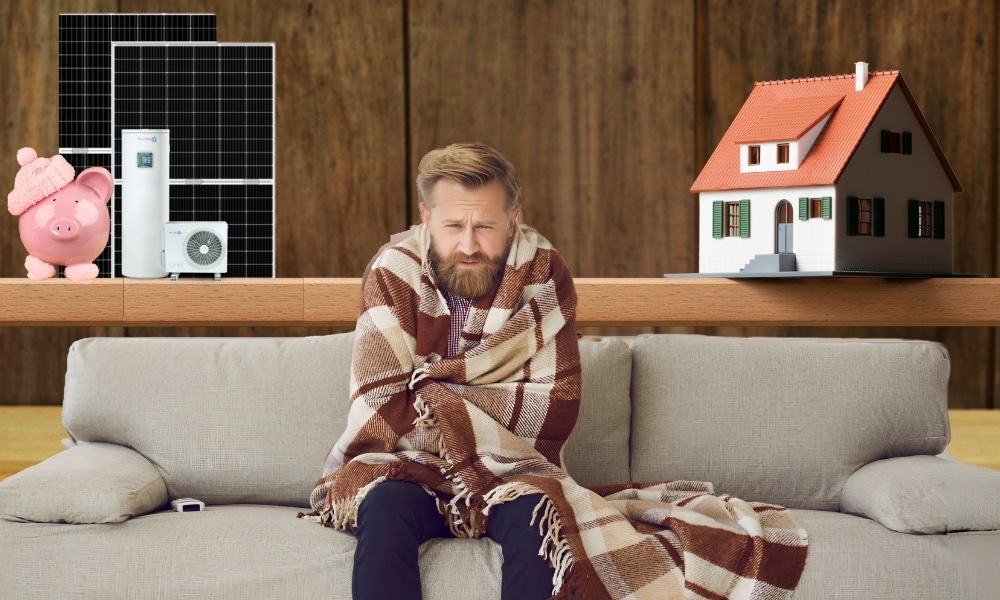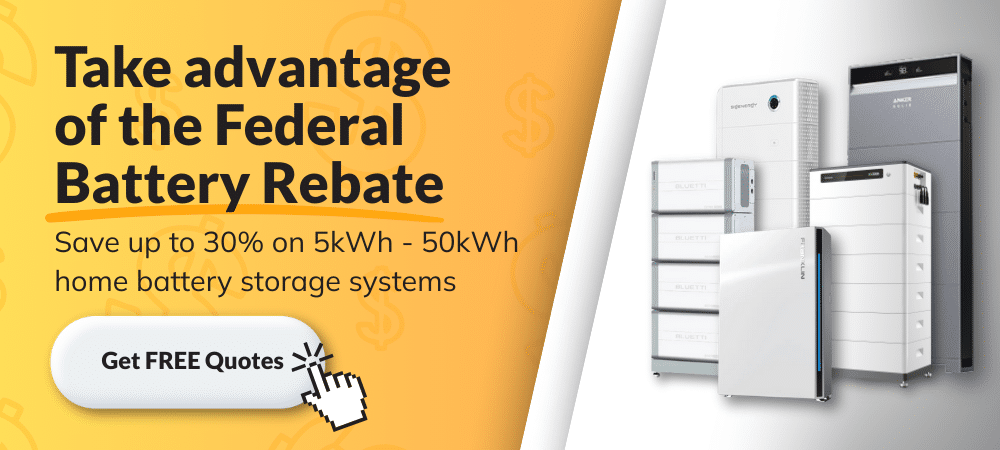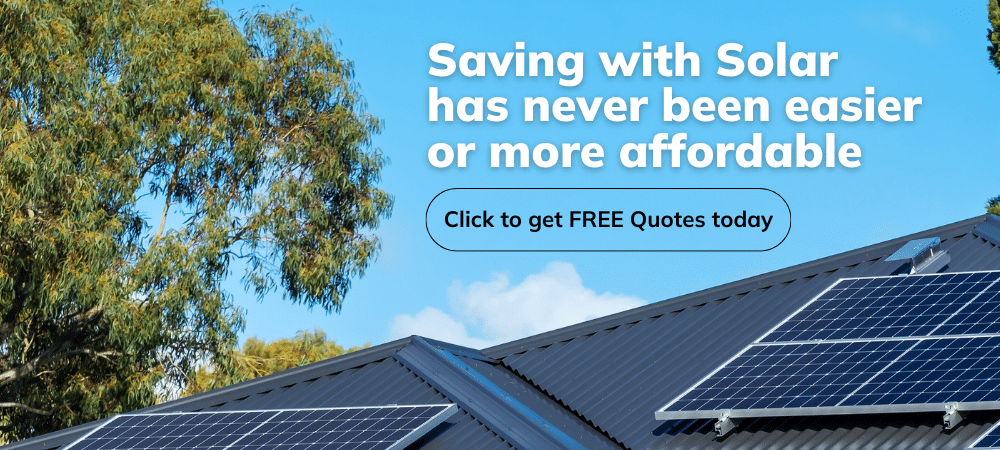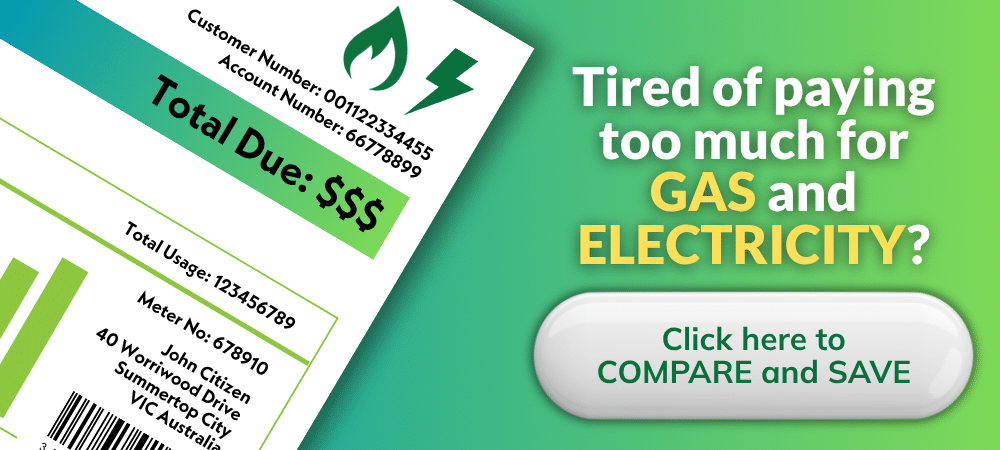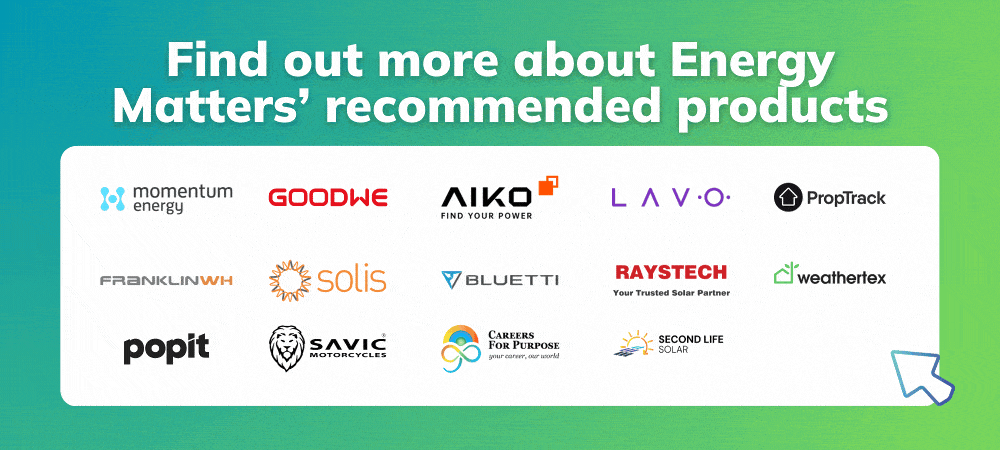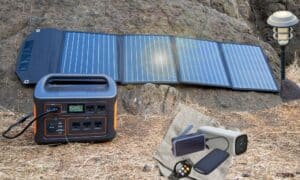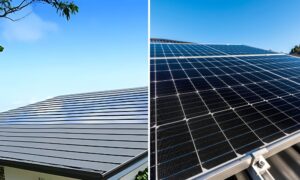As the chill of winter descends across Australia, many households brace themselves for the inevitable surge in electricity bills, primarily driven by heating demands. But what if there was a way to keep your home warm and toasty without breaking the bank?
The answer lies in harnessing the abundant power of the sun. Residential solar power, particularly when integrated with electric heating systems, offers a compelling solution for substantial winter solar savings. It’s time to transform your winter energy consumption and embrace a more sustainable, cost-effective approach.
Why combine solar power and electric heating?
When the temperature drops, heating your home typically becomes your most considerable energy expense. Standard electric or gas heating can quickly add hundreds of dollars to your quarterly bills. That’s where solar power and electric heating come into play.
By generating clean, free electricity during daylight hours, your solar panels can power modern heating systems such as:
- Reverse-cycle air conditioners (heat pumps)
- Electric panel heaters
- Hydronic heating systems
- Heat Pump Hot Water Systems
When used effectively, solar electric heating can cut your dependence on the grid and deliver substantial winter solar savings. Explore the heat pump brands available in Australia.
How solar panels perform in winter
Many Australians wonder if their solar panels work well in winter. The short answer is yes — solar panels still produce power even on cloudy days. In fact:
- Cooler temperatures improve solar panel efficiency, though overall output is reduced compared to summer.
- Clear winter days can still produce decent output, especially in northern and central Australia.
- For better winter performance, solar panel tilt and cleaning can be optimised in both the northern and southern regions. However, because the country is in the Southern Hemisphere, the guidelines differ. To maximise winter solar exposure, panels should usually face north and be tilted at an angle close to the location’s latitude.
Understanding this seasonal output helps you plan smarter solar heating tips to match your energy production.
Best solar electric heating systems for winter
Choosing efficient heating appliances ensures you get maximum benefit from your solar system. Combining the right system with the right usage patterns is the key to unlocking winter solar savings. Here are the top-performing options:
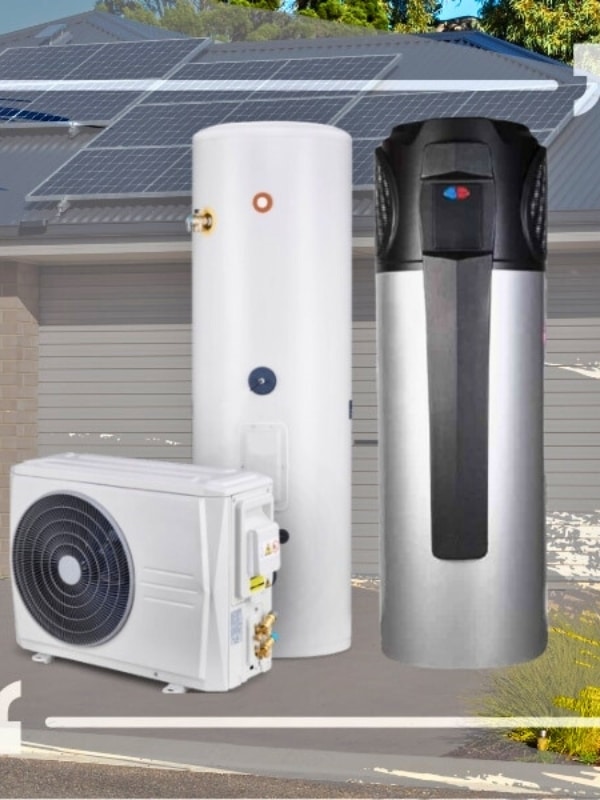
- Reverse-cycle air conditioners (heat pumps)
- Provide 3-5 times more heat energy than the electricity consumed.
- Great match for solar power as they can be run during daylight.
- Electric solar panel heaters
- Quick and affordable to install.
- Ideal for small rooms, powered directly by solar.
- Hydronic heating
- Uses heated water running through pipes or radiators.
- Pairs well with solar, especially when integrated with heat pump technology.
- Heat pump hot water systems
- Heat pump hot water systems utilise ambient air to heat water, resulting in a reduction in water heating costs.
- Runs efficiently during sunny periods.
Solar heating tips for maximum savings
Want to slash those winter bills? Implementing these simple solar heating tips can help you maximise the benefits of your solar system this winter. Here are some practical and proven solar heating tips:
- Upgrade to efficient appliances
Replace outdated electric heaters with modern high-efficiency models. Upgrading energy efficiency is vital for reducing energy consumption, lowering energy bills, and improving comfort.
- Time your heating
Run heating appliances during peak solar production (typically 10 am – 3 pm). Pre-warm your home for the evening. - Use programmable timers
Set timers so that your heating kicks in when solar output is at its highest. - Maintain your solar system
Keep solar panels clean and regularly check system performance. - Optimise insulation
Prevent heat loss by sealing gaps, insulating ceilings, and using heavy curtains.
Solar battery storage for even greater winter solar savings
Adding a solar battery storage system to your solar setup further boosts winter solar savings. Here’s why:
- Store excess solar energy during the day for use in the evening when heating needs are at their peak.
- Reduce your reliance on expensive grid electricity after sunset.
- Protect against future energy price hikes with greater energy independence.
Popular battery options such as the Tesla Powerwall or GoodWe integrate seamlessly with solar electric heating systems. Check our page for our recommended solar products.
Use Energy Matters’ easy-to-use solar power and battery storage calculator to determine the size of your solar system with storage! Our solar calculator will generate performance information and potential savings.
We can send this information to 3 of our pre-vetted and trusted local installers in your area to receive obligation-free solar quotes and take the first step towards true energy independence!

How much can you save?
The potential for winter solar savings depends on:
- System size and battery capacity
- Heating appliance efficiency
- Regional climate and solar output
- Energy tariffs and feed-in rates
The future is bright with solar
The integration of solar power and electric heating is a powerful combination for Australian households seeking to reduce their energy costs. With rising electricity prices and a growing awareness of environmental impact, embracing solar solutions has become more sensible than ever. The initial investment in a solar system is quickly recouped through long-term savings, and government incentives and rebates often make the transition even more accessible.
Work with Energy Matters for smarter winter savings
Ready to slash your winter energy bills? At Energy Matters, we’re passionate about helping Australians reduce their energy costs with smart solar solutions. We collaborate with leading local solar installers to design systems tailored to your heating needs and local climate.
Whether you’re upgrading your solar, adding a battery, or choosing the best solar electric heating appliances, we’ve got you covered.
Contact Energy Matters today to receive free solar quotes and discover how easily you can transition to a solar-powered, cost-effective heating solution. And make this the year you take control of your winter heating costs!









